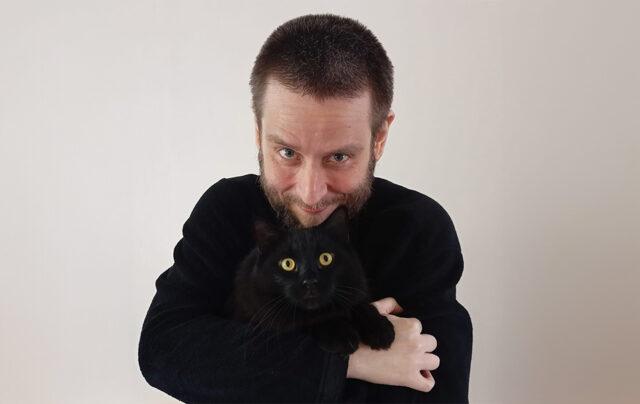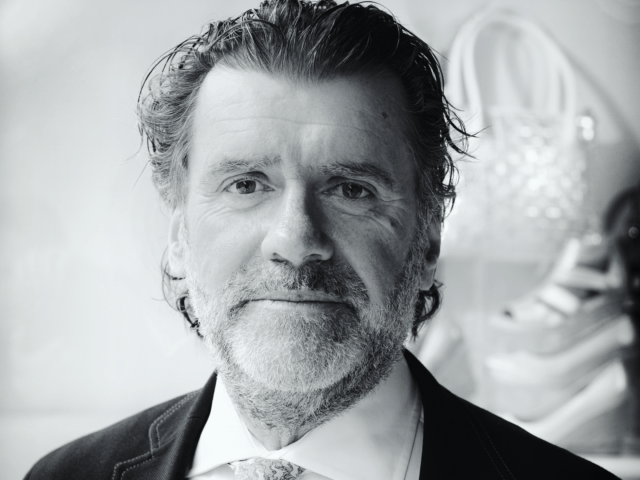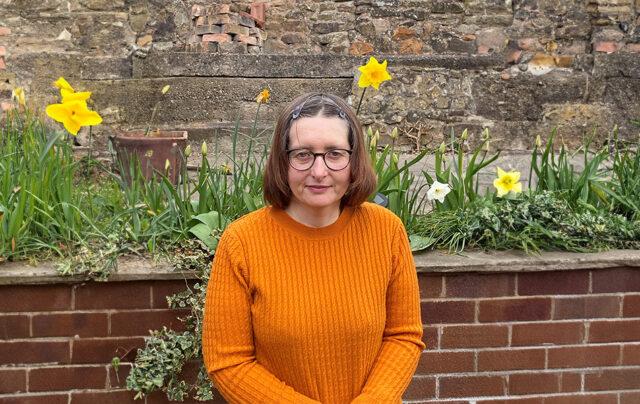Patient Stories

Patient Stories
How the Sciensus Virtual Wards Service is making a ‘life-changing’ difference for patients

Patient Stories
How Sciensus Treatment and Paxman Scalp Cooling Boosted a Patients Mental Health

Patient Stories
Sciensus’ reliable and friendly service helps Martin to get on with his life without worrying about receiving his medication

Patient Stories
Cancer patient finds peace of mind with Sciensus reliable at-home treatment

Patient Stories
How having treatment at home allowed Elaine to get on with her life

Patient Stories
Liver transplant patient praises “incredible” Sciensus nurses

Patient Stories
An ‘astounding’ quality of service

Patient Stories
“The idea of joining community and chemotherapy together was really exciting”

Patient Stories
How Sciensus has helped manage Joanne’s rheumatoid arthritis for a decade